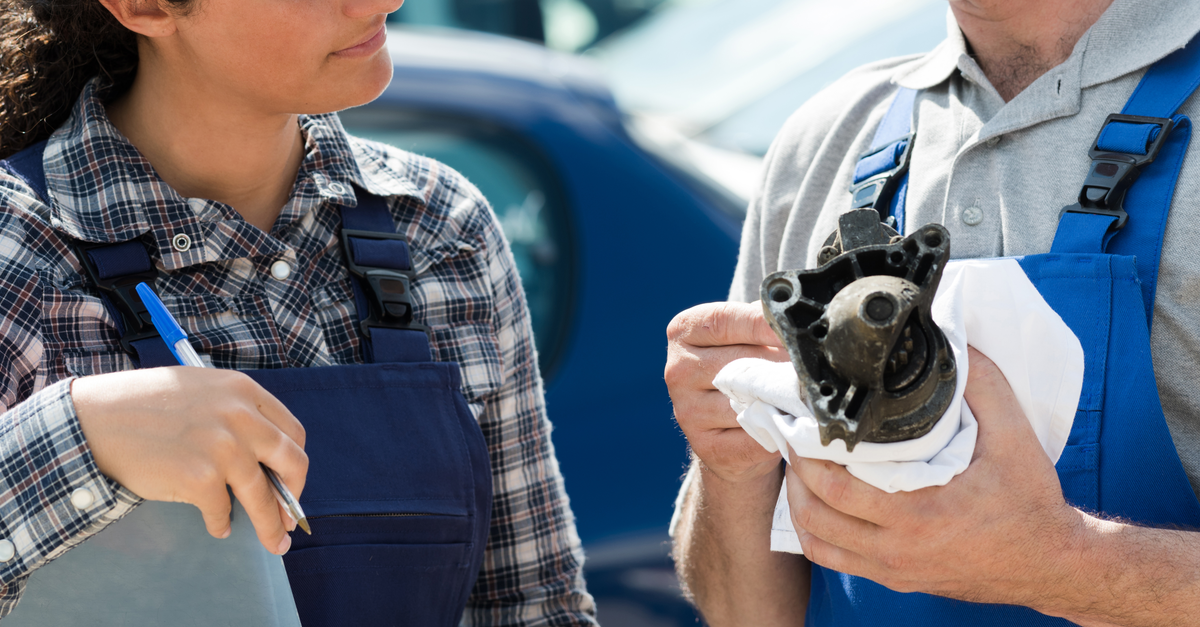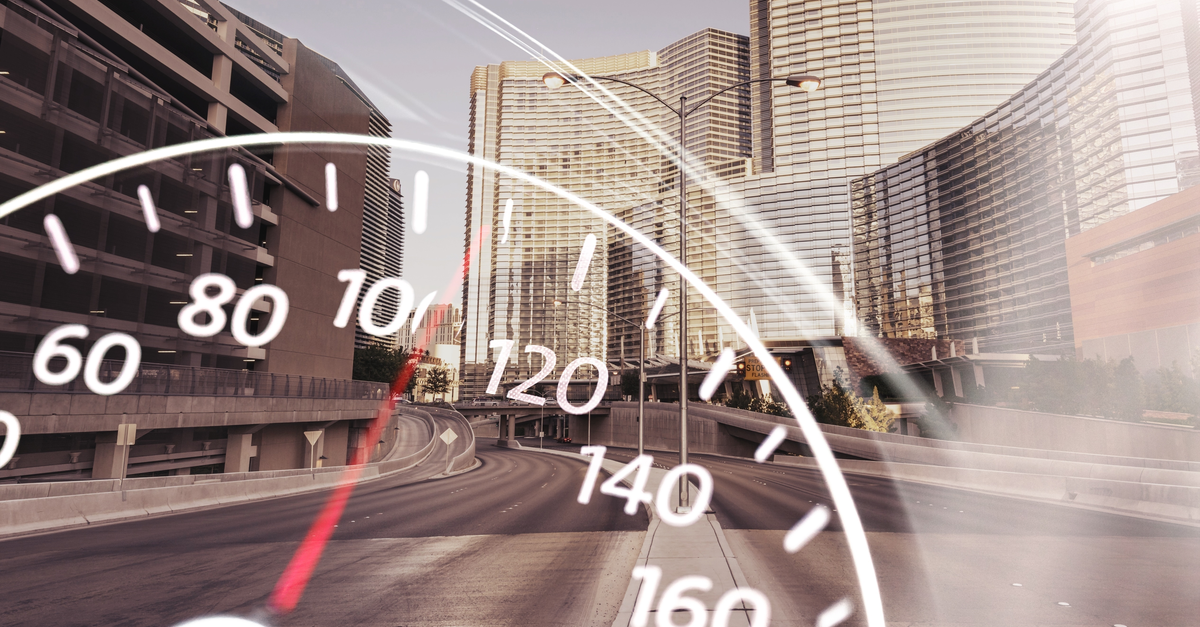Posted on 10/6/2021

Unusual and unwanted car noises can be concerning, the thought of having to take your car in for an auto repair service can seem financially daunting especially during these times when budgeting is paramount. However, maybe it does not have to be. Here are some ways to identify car noises and the potential problems causing them. Once you have a better idea of what the issue might be that is causing the unwanted noise you may be relieved to find out that it can either easily be repaired without breaking the bank or you could plan accordingly to resolve the issue at hand in an affordable manner. Here is a short list of noises and probable causes. Squealing-often metal-on-metal in nature, possibly exacerbated brakes, pads or rotors Clicking -from under the bonnet might mean your engine is low on oil, problem with the valve train, or possibly a worn out engine for older vehicles ... read more
Posted on 10/6/2021

At a certain point in life, every car owner experiences a flat tire. This scenario is even more stressing when you experience it during inclement weather or late at night. To make the matter worse, a flat tire may jeopardize a driver's life if it happens in an unsafe location. While there is no sure way of mitigating this kind of a problem, regular maintenance and tire repair may help to point some underlying issue and help to reduce the probability of the occurrence. Read on to learn more about what causes flat tires and how you can avoid them. 1. SHARP OBJECTS ON THE ROAD Sharp objects such as nails, shrapnel, and glass are the common causes of punctures that result in flat tires. Some of these objects are too small to see with the naked eye on the road. Prevention While it can be complicated to perceive some of the sharp objects on the road, it is imperative to take the necessary measures on what we can prevent. For instance, you should always avoid puncture and blowouts b ... read more
Posted on 10/6/2021

The alternator plays a critical role in converting the energy from the crankshaft into the car's electrical system. In simple, the alternator converts mechanical energy to electrical energy to power up your car's systems. Most importantly, it helps recharge your car battery. However, most alternators fail due to time, mileage, and use. Other issues like leaking fluid may contribute to the premature failure of the car's alternator system. For instance, water damage to the alternator shaft bearings may occur when you drive through it. Alternator failure sets a chain of events such as dim or flickering headlights, strange noises from the engine, or other electrical failures. Even worse, finding a reliable mechanic who can perform alternator repair can be a daunting task. According to statistics, the average lifespan of an alternator is seven years or about 150,000 miles. The quality of the part and the overall condition of your vehicle also determines its lifespan. With t ... read more
Posted on 10/6/2021

One of the most critical components of your vehicle is its brakes. Without brakes, your vehicle can only do half of its purpose. Therefore, brake repair and maintenance should be one of your top priorities as an automotive owner. It is critical to ensure your brakes are running smoothly to avoid injury to you, your vehicle, or someone else. Fortunately, there are many indicators to give you a heads up about any possible hazards in your braking system. Below are the top signs to let you know if you need to schedule brake repair with an auto service technician expert. If you are experiencing these problems with your braking system, it is important to contact a professional right away in order to replace or adjust the pads to prevent further damage. SQUEALING OR SCREECHING NOISE This is often the first indicator that your vehicle needs brake repair or has a problem with the braking system. This noise is made by the metal shim when you depress the brakes. If this is a one-time occurrence ... read more
Posted on 10/6/2021

If you have been driving your car for a while, you know what to expect when you press down on the gas pedal. You should gain ample speed depending on how much pressure you apply. However, over time, cars can lose their ability to responsively accelerate. You might step on the gas and feel some hesitation. COMBUSTION AND ACCELERATION A car's combustion engine should get fuel from the engine, and then push the exhaust fumes away from the vehicle. This intricate system of sensors and other mechanics help the combustion process propel you automobile forward. When something in this system fails, your car might not accelerate as well as it used to. Reasons for this include: · Fuel system issues · A failed catalytic converter · A dirty or damaged Mass Air Flow Sensor (MAF) · A malfunctioning oxygen sensor ·&n ... read more